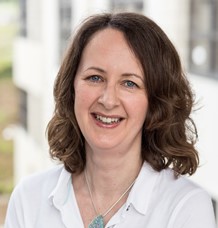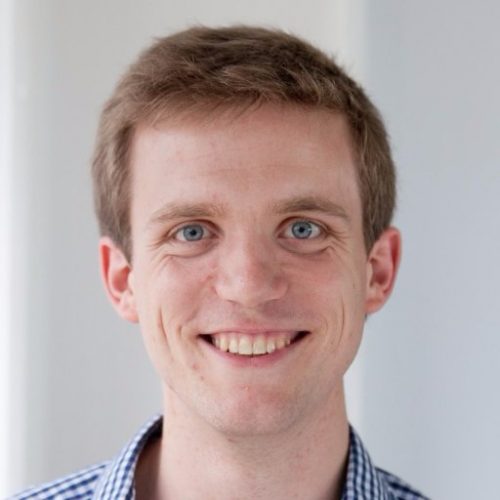
CANCELLED – Introduction to Bayesian Analysis – To be delivered online at a later date
This is an Advanced Quantitative Methods training event open to ESRC and non-ESRC funded students from all 7 interdisciplinary Pathways. It will be of particular interest to any student using Advanced Quantitative Methods in their research, and to members of the Well-being, Health and Communities (WHC) Pathway.
In this course, we will introduce the basics of the Bayesian approach to statistical modelling. We will discuss the primary differences between Bayesian and Frequentist statistics and introduce a variety of Bayesian versions of standard regression models, approaches to handling missing data, and latent variable
models.
The course will be run in the software R – students should have some familiarity with the software
For any student unfamiliar with R, please be aware that a training session on this software is taking place on Monday 16th December at the University of Sheffield. To book your place, please follow this link.
Students will leave this course with an exposure to the Bayesian approach to statistical modelling while also gaining a greater appreciation of the Frequentist approach. Students will have an understanding of how the Bayesian approach is used across different disciplines and research questions. They will also be exposed to a new set of software/R packages and leave with a suite of code that can easily be adjusted to model more complicated relationships than those we will cover in the course.
Workshop Leaders

Workshop Organisers

She is the lead for the North and East Yorkshire spoke of the Research Design Service Yorkshire and Humber (RDS-YH) and the British Orthopaedic Association (BOA) Surgical Research Centre.

PLEASE NOTE: Students are responsible for arranging travel to and from this AQM training session. The WRDTP cannot reimburse travel costs in this instance.
Hourly Schedule
Programme
- 9.30am - 10.00am
- Registration and welcome refreshments
- 10.00am - 11.30am
- History of Bayesian statistics, differences between Bayesian and frequentist approaches
- 11.30am - 12.15pm
- Lunch
- 12.15pm - 2.00pm
- Priors, Sampling, Convergence
- 2.00pm - 2.20pm
- Tea/coffee and snacks
- 2.20pm - 4.00pm
- Regression, Missing Data, Latent Variables








